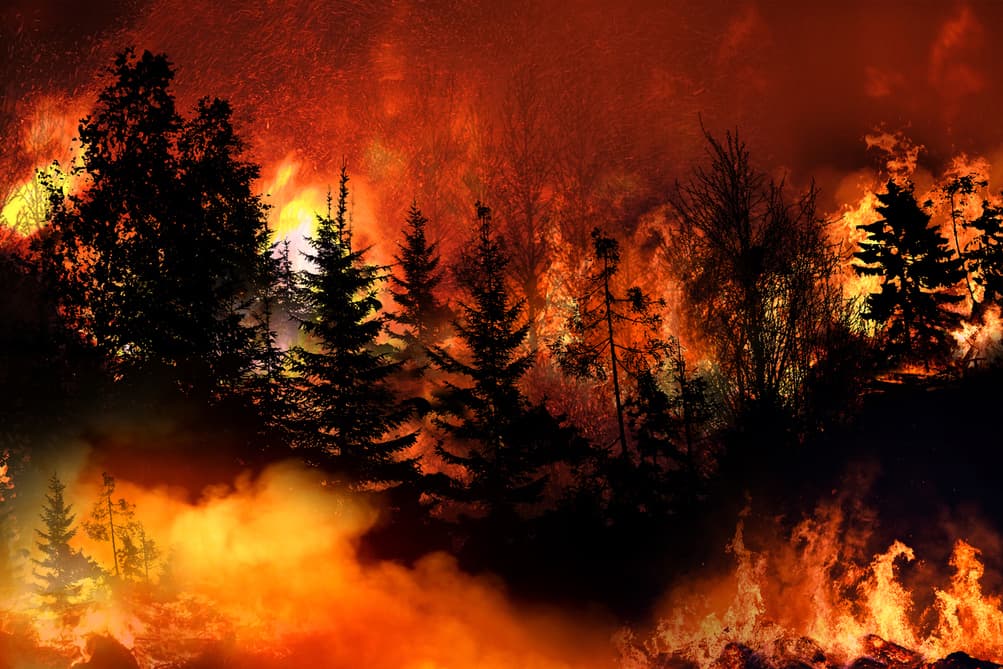Campfire safety and etiquette are essential skills for anyone venturing into the great outdoors.
A properly managed campfire creates unforgettable memories, while an improperly handled one can lead to devastating wildfires, property damage, and even loss of life. Understanding campfire safety protocols isn’t just about following rules—it’s about protecting yourself, others, and the natural environment you’ve come to enjoy.
The perfect campfire experience balances critical safety measures with practical knowledge about fire management. From selecting an appropriate site to properly extinguishing every ember, each step of campfire safety requires careful attention and adherence to established best practices that outdoor enthusiasts have refined over generations.
Whether you’re researching how to build your first safe campfire or seeking to improve your existing outdoor fire skills, mastering campfire safety and etiquette ensures your wilderness adventures remain enjoyable while preserving natural spaces for future explorers to discover.
Key Takeaways
- Always select a flat, open area at least 15 feet from flammable objects for your campfire site.
- Keep essential safety equipment, including water, a shovel, and a first aid kit, within arm’s reach
- Never leave a campfire unattended and ensure it’s completely cold before departing.
- Check local fire regulations and restrictions before building any outdoor campfire.
- Master the “drown, stir, and feel” method to extinguish your campfire completely.
Site Selection and Preparation
Choosing the right location for your campfire is crucial for safety. Select a flat, open area at least 15 feet away from tents, shrubs, and other flammable objects. Clear a 10-foot radius down to bare soil, removing all leaves, twigs, and other potential fuel sources. When possible, use existing fire rings to minimize environmental impact.
If you’re practicing dispersed camping where no established fire ring exists, create a proper fire bed by digging a shallow pit and surrounding it with rocks. This helps contain the fire and prevents it from spreading accidentally.
Essential Safety Equipment
Before starting any campfire, ensure you have the proper safety equipment readily available:
Primary Safety Tools:
- A bucket filled with water or direct access to a water source.
- A shovel for controlling the fire and adding dirt if needed.
- A first aid kit within easy reach.
Keep these items within arm’s reach of the fire area but not so close that they could be compromised by heat or flames.
Fire Building Best Practices
Building a proper campfire requires attention to size and fuel selection. Your fire should never exceed 3 feet in height and 4 feet in diameter. Remember, smaller fires are easier to control and typically provide adequate heat for cooking and warmth.
Proper Fuel Selection:
The key to a safe and effective campfire is using appropriate materials. Use only untreated wood, preferably gathered locally, to prevent the spread of invasive species. Never burn trash, plastics, or treated lumber, as these can release harmful chemicals.
Monitoring and Control
Constant supervision is non-negotiable when it comes to campfire safety. An adult must always be present to monitor the fire, especially when children are nearby. Pay particular attention to:
- Wind conditions and direction.
- Flying sparks and embers.
- The size and intensity of the flames.
- The behavior of anyone near the fire.
Proper Extinguishing Techniques
When it’s time to extinguish your campfire, follow the “drown, stir, and feel” method:
- Thoroughly drench the fire with water
- Stir the ashes and embers with a shovel
- Add more water and continue stirring
- Test the temperature with the back of your hand
Never leave a campfire until it’s completely cold to the touch. Even a few hot embers can reignite and cause a wildfire.
Understanding Legal Requirements
Before starting any campfire, familiarize yourself with local regulations and requirements:
- Check for active fire bans or restrictions.
- Obtain necessary permits if required.
- Monitor local fire danger levels.
- Know emergency contact numbers.
- Understand evacuation procedures.
Remember that regulations can change quickly based on weather conditions and fire danger levels.
CONCLUSION
Creating a safe and responsible campfire experience requires diligence, preparation, and respect for both nature and fellow outdoor enthusiasts.
By carefully selecting your fire site, maintaining appropriate safety equipment, building properly sized fires, and providing constant supervision, you can significantly reduce wildfire risk while enhancing your camping experience.
Take immediate action to understand local campfire regulations, monitor weather conditions, and assess environmental impact before lighting any fire. Start by gathering proper safety equipment, then create an appropriate fire bed, and commit to maintaining constant supervision throughout your campfire experience.
Always complete the essential final step of thoroughly extinguishing your campfire using the “drown, stir, and feel” method until it’s completely cold to the touch. Make this your non-negotiable campfire practice on every outdoor adventure.
By mastering these campfire safety techniques, you protect our wilderness areas, demonstrate respect for fellow outdoor enthusiasts, and ensure countless future generations can safely enjoy the timeless tradition of gathering around a well-managed campfire.








Leave a Reply